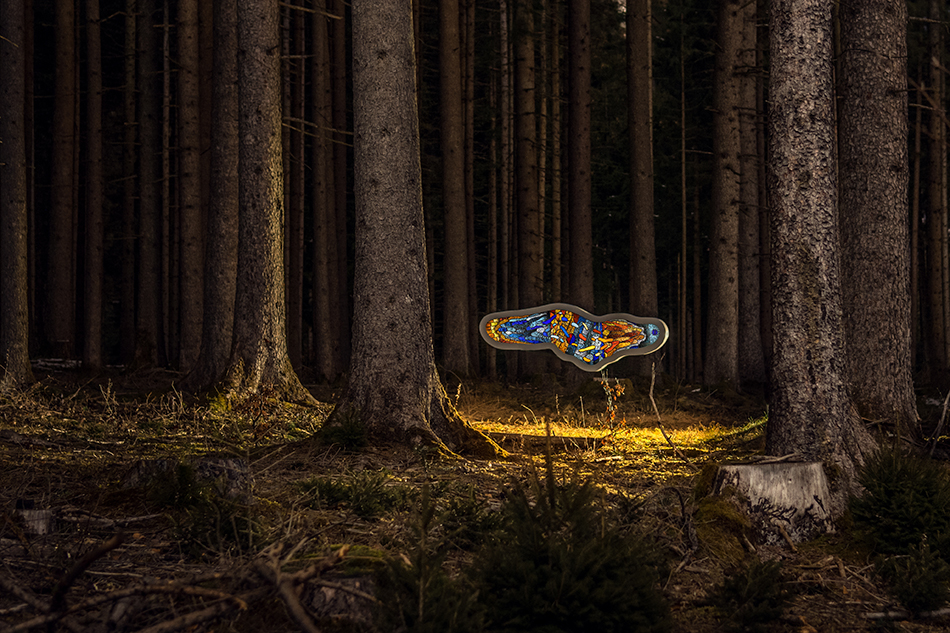
What we take for granted frames the size of our concerns.
“These statistics definitely do not prove that animus or madness has ended. No decent person would deny that violence is still much too high everywhere…Still, the big picture of postwar history shows significant improvements in nearly all indicators of lived human experience. The average life span of humans is today longer than it has ever been. A smaller proportion of women die in childbirth than ever before. Child malnutrition is at its lowest level ever, while literacy rates worldwide have never been higher. Most impressive has been the recent reduction in severe poverty — the reduction in the percentage of humans living each day on what a tall Starbucks coffee costs in America. During a recent 20-year stretch the mainstream estimate is that the percentage of the developing world living in such extreme poverty shrank by more than half, from 43 to 21 percent.
The real trick to understanding our world is to see it with both eyes at once. The world now is a thoroughly awful place — compared with what it should be. But not compared with what it was. Keeping both eyes open gives depth to our perception of our own time in history, and makes us better able to see where paths to more progress may be open.
…
Humanity does learn, painfully and often only after thousands or even millions have died — like a giant starfish hurrying over a jagged reef, with only primitive vision, slicing off spines on its way, yet regenerating as it grows and slowly adapting its motion. The currents are pushing the starfish faster, the reefs ahead are sharper — humanity must become sharper, too. Mainly, humanity learns as identities alter to become less aggressive and more open, so that networks can connect individual capacities more effectively and join our resources together.
Many people are still beyond ruthless in pursuing their own interests, yet interests are now more pacific than they once were. Most people around you now do not want to kill you to get your phone, torture you until you profess their religion, or prey on your credulity until you join a racist gang. Some may — but not many. If these profound changes for the better remain unseen, it is likely because of what we now take for granted.
What we take for granted frames the size of our concerns.”
The above passages come from an honest but hopeful article in the NYT, written by philosopher Leif Wenar, about humanity and progress. I really appreciated the piece. Wenar is even-handed in writing about this subject, I think. He acknowledges that our world today is in bad shape, that we are not where we should be/could be, but also acknowledges that we do take a lot for granted. This integral philosophical approach is instructive for me. As Wenar writes, “The real trick to understanding our world is to see it with both eyes at once. The world now is a thoroughly awful place — compared with what it should be. But not compared with what it was. Keeping both eyes open gives depth to our perception of our own time in history, and makes us better able to see where paths to more progress may be open.”
More on the connection between progress and pathology here and here.
…
Stained glass sculpture above by Thomas Medicus

0 Comments